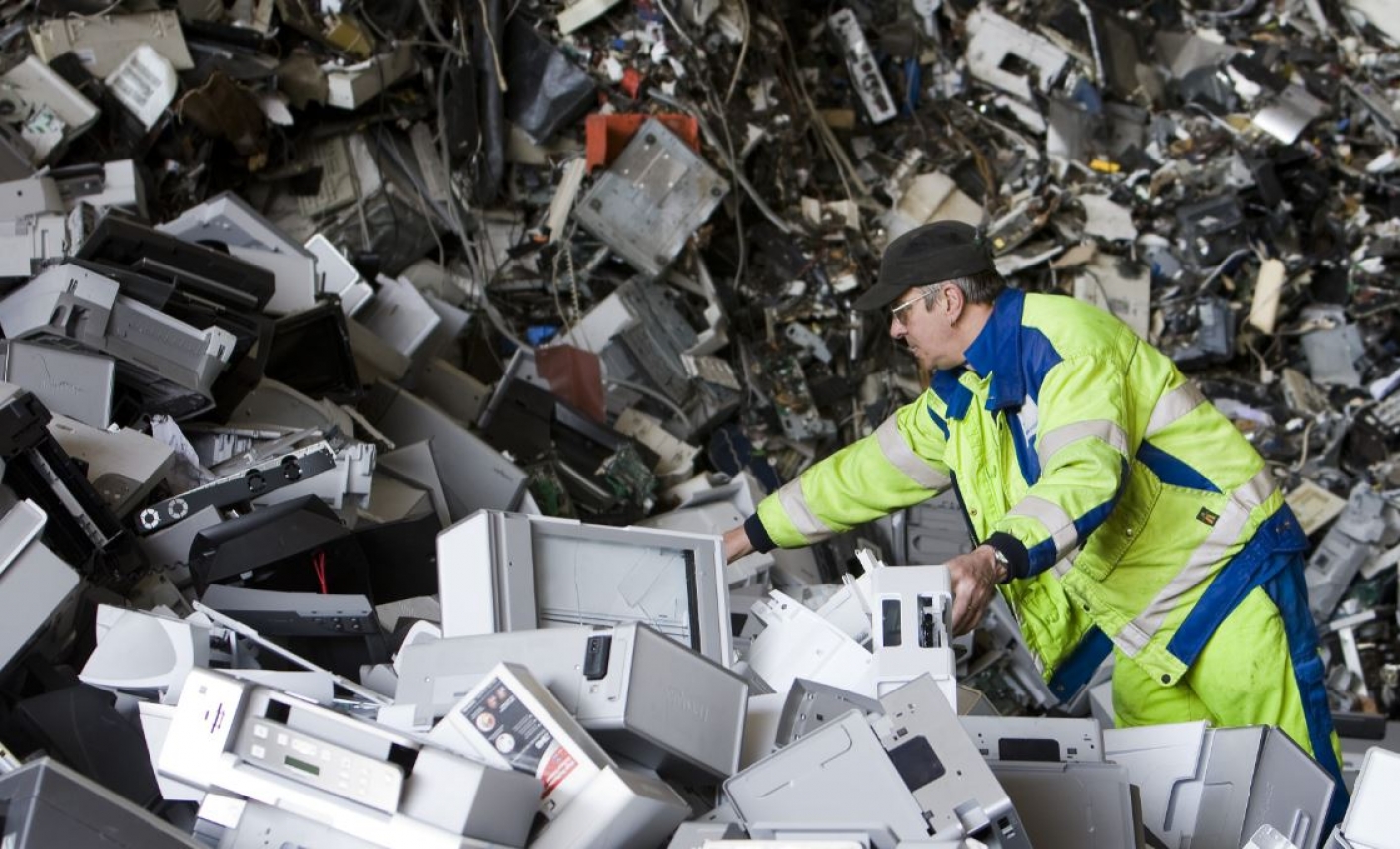
Background and request for advice
Some 100 billion items of clothing are produced globally every year, most of which end up in landfills or incinerators within a year. Clothing has become a disposable product in the eyes of many consumers due to its low price and quality. Clothing sales have increased by 60% in 15 years and the clothing industry is now the second most polluting in the world after the oil industry, causing 10% of global CO2 emissions.
It is not only in the case of clothes that we are moving towards a throw-away society. The same applies to home accessories, furniture, white goods, consumer electronics, etc. Just as a shirt ends up in the bin as soon as it has a loose button, a vacuum cleaner is discarded at the first breakdown. Many products are also designed to be used just once, such as disposable cups, packaging and batteries.
There are several reasons why we should view this trend as a bad development. Besides causing substantial CO2 emissions, the production of many goods is associated with biodiversity degradation, as well as soil, air and water pollution. Moreover, it leads to a scarcity of critical raw materials. Competition to produce as cheaply as possible can also lead to exploitation of labour.
A large proportion of consumer goods are manufactured outside the European Union. Production chains are long, consist of many different links and extend across the globe. At the beginning of these chains in particular, in low-wage countries, much is going wrong. However, the same applies to the disposal phase: some of the waste is incinerated, while some is exported to low-wage countries. Although some raw materials are recycled in the Netherlands, this is often downcycling, where the recycled material is of lower quality and functionality than the original material. Much more needs to be done to close these loops.
With its proposal for an Ecodesign Regulation, among other things, the European Commission has big ambitions, but it will take some time for these and other European regulations to enter into force. A key question in this context is what steps the Netherlands can take over the intervening period to combat resource-wasting trends.
The main question addressed in the report is:
How can the Netherlands, with the help of European regulations, make the transition from throw-away society to a society that produces and uses sustainable, circular consumer goods? What interventions are needed to make this possible?
The advisory report focuses specifically on three commodity flows: fast fashion, batteries and accumulators in consumer electronics, and furniture. These are representative of the wider trend towards greater product choice and cheaper products, with each commodity flow having its own characteristics, as well as its own successes and challenges.
Based on this bottom-up approach, our aim is to be able to make more general statements on interventions that can help us reverse the trend of ever-increasing resource consumption combined with short product lifespans and move towards higher-quality, longer-lasting products and high-grade recycling. What interventions can the Dutch government put in place in the short term and what does this mean for producers, consumers and Dutch policy?
Timeframe
The advisory report is expected to be issued on November 24, 2023.
Composition of the Council committee
André van der Zande, Council committee chairman and Council member
Jeanet van Antwerpen, Council member
External committee members:
Anne-Marie Rakhorst, duurzaamheid.nl
Jan Jonker, Emeritus Professor of Sustainable Entrepreneurship, Radboud University Nijmegen
For more information or to respond, please contact Bas Waterhout, at bas.waterhout@rli.nl or on +31 (0)6 2117 8802.